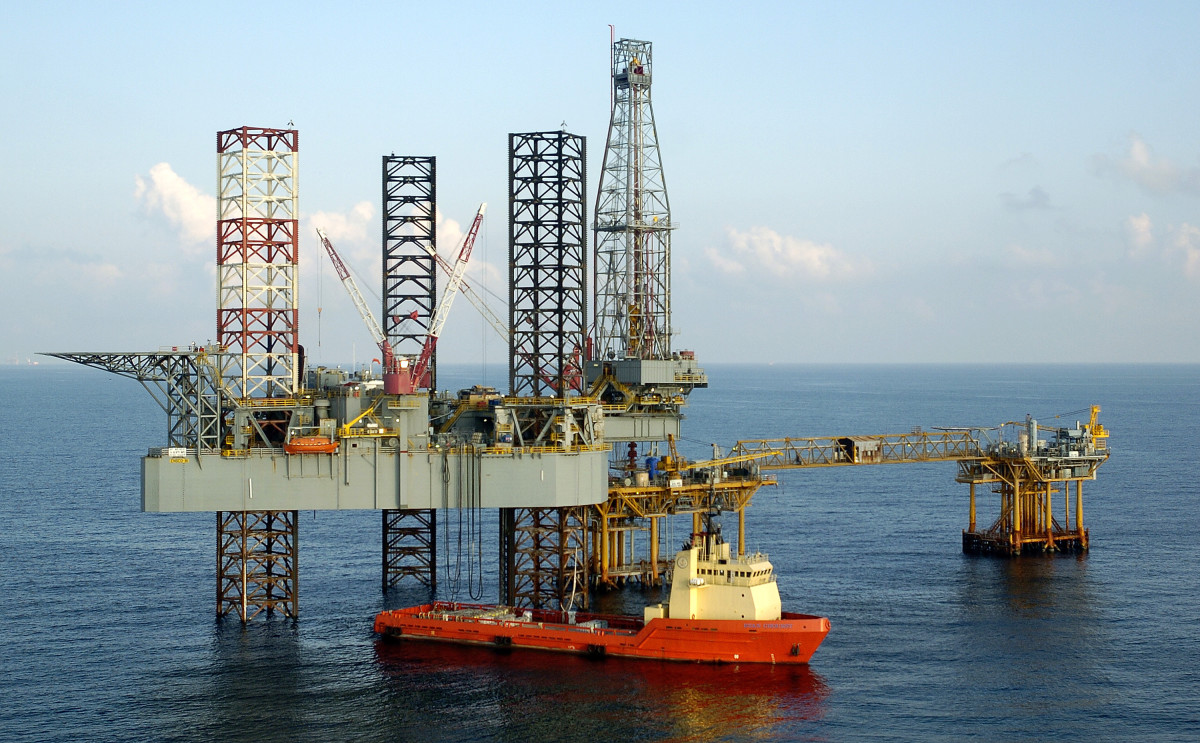Working on an oil rig in the Gulf of Mexico is not for the faint-hearted.
Frequent attacks by modern day pirates on Pemex oil platforms have left some workers scared that they could be killed while working and living offshore.
“We fear for our lives,” said Martín Gómez, who has worked on state oil company rigs for almost three decades.
“There are still pirates on the high seas; they dismantle and loot the satellite platforms and also come onto occupied ones to seize everything they can,” he told the newspaper Milenio.
The fear another oil rig worker was feeling when five pirates attacked two platforms off Mexico’s southern Gulf coast in late July is clearly evident in his Mayday call to a Pemex marine control centre.
“Pirates have climbed up! They’re attacking people! They’re shooting at us! Do you copy?” the man said in a radio call at 11:30 p.m. on July 26, according to Milenio.
The attack, during which 40 self-contained breathing apparatuses, tools and workers’ personal belongings were stolen, occurred despite an ongoing operation by the navy aimed specifically at avoiding such incidents off the coast of Tabasco and Campeche.
Workers told Milenio that they took shelter in panic rooms on the two oil rigs while they came under attack. They also said that there were unnecessary delays in dispatching the navy after the distress call was made.
If they encounter a navy patrol boat after robbing a platform they throw everything they stole into the sea to discard the evidence, he said.
Cavazos said the possibility that a pirate’s gunshot could damage piping on an oil rig and cause an explosion is of great concern to workers.
“It would be a disaster and a lot of lives would be lost; it’s very dangerous, … [the pirates] are men who aren’t aware of anything, they’re [sometimes] even on drugs,” he said.
Oscar Ortiz Vázquez, another rig worker, said: “We know that our work is risky but these pirate attacks are something extreme.”
He raised the possibility that some Pemex workers are complicit with the pirates given that in some robberies entire oil platforms were dismantled and hauled away.
Jorge Luis Ríos, supervisor of the Abkatún Alfa platform, said that prior to attacking an oil rig pirates study it in order to establish the precise time to strike without being discovered.
Whatever their strategy is, it’s working: pirates got away with oil rig booty worth some 224 million pesos between 2016 and 2018 and the number of reported attacks in the latter year – 197 – off the coast of Tabasco and Campeche was up 310% compared to the former.
Among the pirates’ loot have been drilling equipment, measuring instruments, batteries, firefighting and diving suits, wire rope, non-slip aluminum floor plates, hoses, ladders, lighting, gate valves, metal beams and even screws.
In one particularly brazen attack in 2018, pirates got away with a large portion of a 20-million-peso heliport from the Tsimin-B platform.
Pirate attacks have shown no sign of abating this year, prompting two maritime experts to assert that Campeche Sound in the southern part of the Gulf of Mexico should be declared a high-risk area by the International Maritime Organization.
Such a declaration, argued Adriana Ávila-Zúñiga Nordfjeld and Dimitrios Dalaklis of Sweden’s World Maritime University, could help to reduce the number of pirate attacks because it would oblige the Mexican government to increase patrols and cooperate with other countries to combat piracy.
Similarly, the energy committee of the federal Senate has urged the navy to bolster protection of Gulf of Mexico oil platforms and also called on the federal Security Ministry to contribute to efforts to prevent piracy.
Mexico News Daily Published on Tuesday, August 18, 2020




